How to Prepare for a Full Stack Development Job Interview
Full stack development is the process of designing, building, and maintaining an entire web application, from the front-end user interface to the back-end server and database.
A full stack developer is someone who has the skills and expertise to work on every layer of the web application, including the user interface, server-side programming, database integration, and other components that make up the application's architecture.
The front-end development involves creating the visual and interactive elements of the application, using languages such as HTML, CSS, and JavaScript. Back-end development, on the other hand, involves creating the server-side logic and database integration using programming languages such as Python, Ruby, Java, or PHP.
Full stack developers are also responsible for ensuring the application's performance, scalability, and security, as well as optimizing the code and improving the user experience. They work closely with other members of the development team, including designers, project managers, and quality assurance engineers, to ensure that the application is delivered on time and meets the client's requirements.
Learn These Skills Before You Apply for a Job as Full Stack Developer
- Programming Languages: A full-stack developer should have a solid understanding of multiple programming languages, such as JavaScript, Python, Ruby, Java, C#, and PHP.
- Front-end Development: A full-stack developer should be proficient in front-end development, including HTML, CSS, and JavaScript, as well as popular front-end frameworks such as React, Angular, or Vue.
- Back-end Development: A full stack developer should have knowledge of server-side development technologies, such as Node.js, Ruby on Rails, Django, or ASP.NET.
- Databases and Data Modeling: A full stack developer should have a good understanding of data modeling, SQL and NoSQL databases, and database management.
- Version Control: A full stack developer should be familiar with version control systems, such as Git, and be comfortable working with repositories.
- APIs and Web Services: A full stack developer should have knowledge of how to integrate with external APIs and web services.
- UI/UX Design: A full stack developer should have a good understanding of UI/UX design principles and how to create user-friendly interfaces.
- Testing and Debugging: A full stack developer should be able to test and debug their code, as well as have knowledge of testing frameworks and tools.
- Project Management: A full stack developer should be able to manage their time and tasks effectively, as well as collaborate with other developers and stakeholders.
- Continuous Learning: A full stack developer should be willing to continuously learn and adapt to new technologies and tools in order to stay up-to-date with the latest trends and best practices.
Full Stack Development Job Interview Job Interview Tips
- Review the Basics: Review the basics of web development such as HTML, CSS, JavaScript, and the various web development frameworks and libraries such as React, Angular, or Vue. Make sure you have a solid understanding of these technologies.
- Understand the Full-Stack Architecture: Understand the architecture of full-stack web development and how the front-end and back-end interact. Familiarize yourself with server-side languages like Node.js, PHP, or Ruby on Rails.
- Practice Coding: Practice coding on a whiteboard or a coding platform like Hacker Rank or LeetCode. This will help you get comfortable with coding under pressure.
- Learn About Databases: Learn about databases, data structures, and SQL queries. Familiarize yourself with database technologies like MySQL, MongoDB, or PostgreSQL.
- Build Your Portfolio: Create and showcase your own full-stack web development projects to demonstrate your skills and experience.
- Research the Company: Research the company and its industry. Understand their products, services, and mission. This will help you tailor your responses during the interview to align with the company's goals.
- Be Prepared to Answer Common Questions: Expect to be asked questions about your experience with full-stack development, your problem-solving skills, and your ability to work on a team. Prepare answers to common questions in advance.
- Stay Up to Date: Keep up with the latest trends and technologies in full-stack web development. Attend conferences, read blogs, and participate in online forums.
Full Stack Developer Salary in India
The salary range for full stack developers in India can vary based on factors such as experience, location, and skill set. According to various salary aggregation websites, the average salary for a full stack developer in India can range from INR 3 to 15 lakhs per year. However, highly experienced and skilled full stack developers can earn salaries upwards of INR 20 lakhs per year.
Top Companies Hiring Full-Stack Developers
Some of the top companies in India that hire full-stack developers are Tata Consultancy Services, Infosys, Wipro, HCL Technologies, Accenture, Capgemini, Cognizant, Tech Mahindra, IBM, Amazon, etc. These companies offer competitive salary packages and benefits to attract and retain top talent. Additionally, there are numerous startups and smaller companies that are actively hiring full-stack developers in India.
Upskill Yourself Today with Dice Academy!
Upskilling in full stack development requires continuous learning and practice. Keep exploring new technologies, build personal projects, and seek feedback from other developers to improve your skills. You can also explore Dice Academy Full Stack Development Course learn from experienced professionals and receive personalized guidance on your career path. Taking these courses can help you learn new skills and reinforce existing ones.
You Might Also Like
How to Crack Web Development Job Interview in 2023
AngularJS Essential Tips and Tricks for Beginners
Stay Tuned
Stay up to date with our latest courses.



















.png?width=130&height=53&name=image%2027%20(1).png)


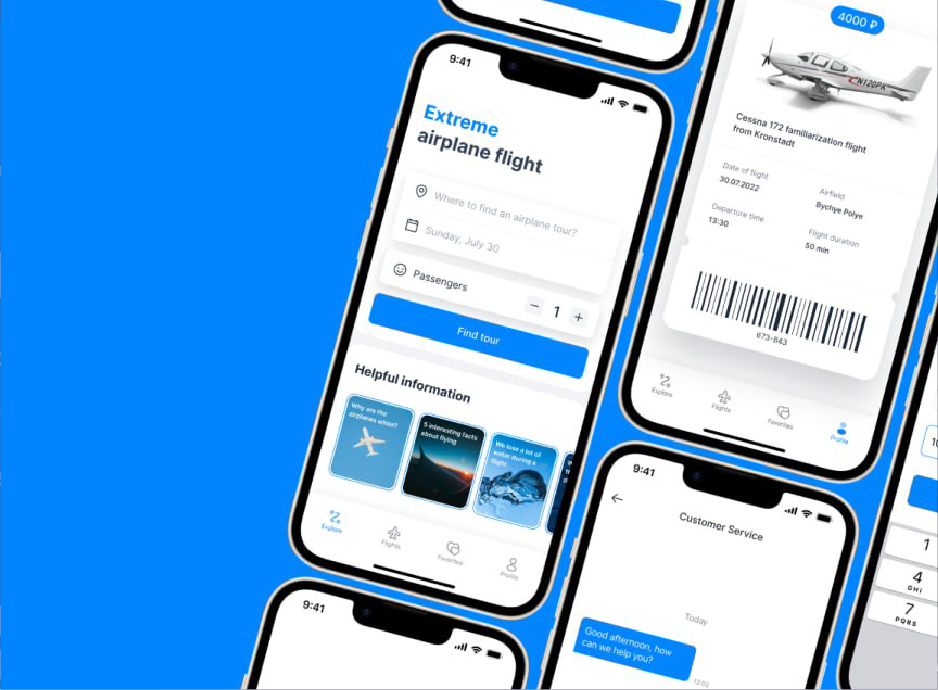



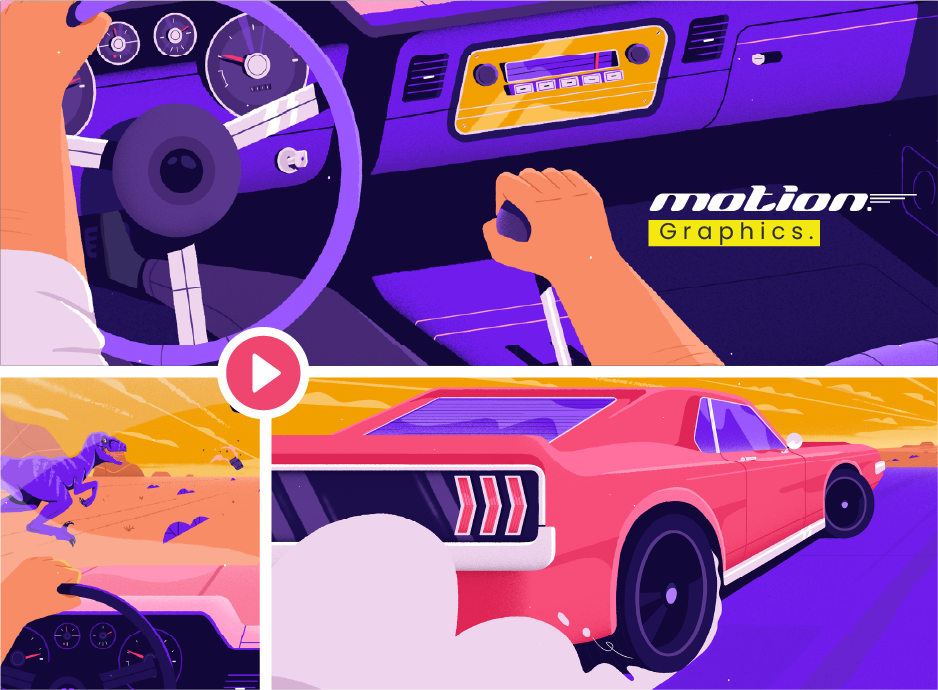







.jpg)



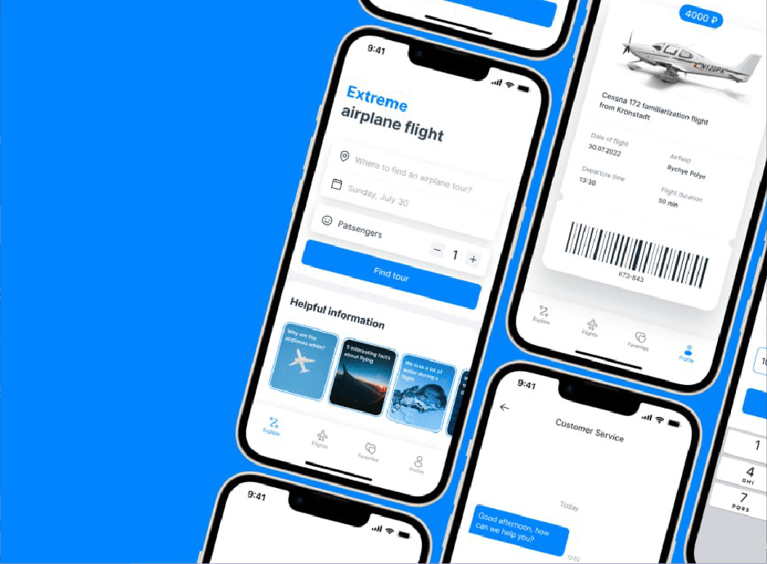
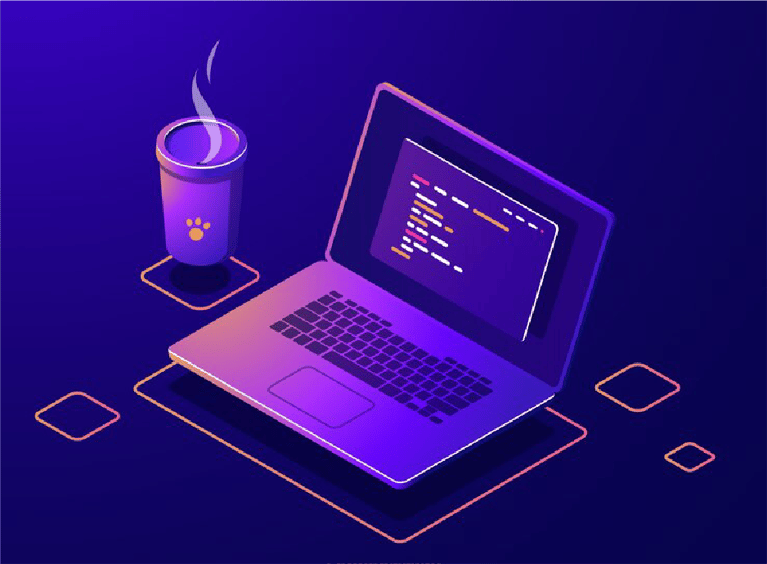


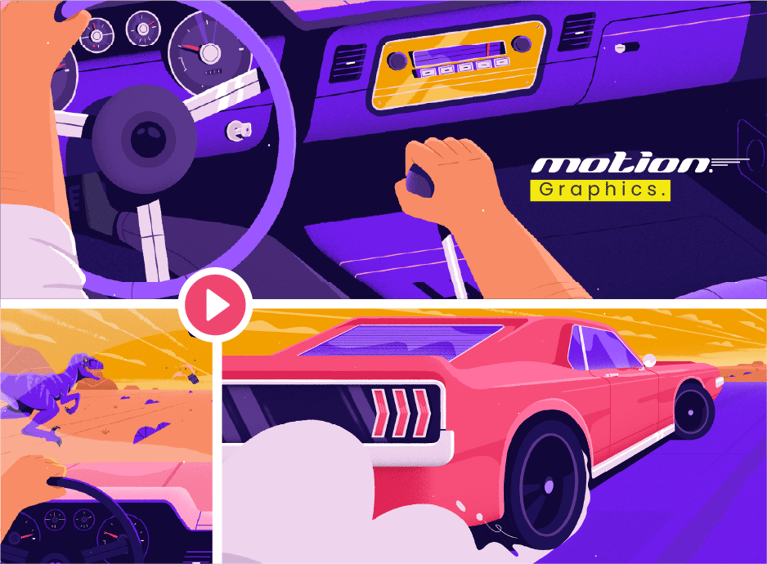







.jpg?width=767&name=movie%20poster%20%20(option%202).jpg)

BOOK A FREE CONSULTATION